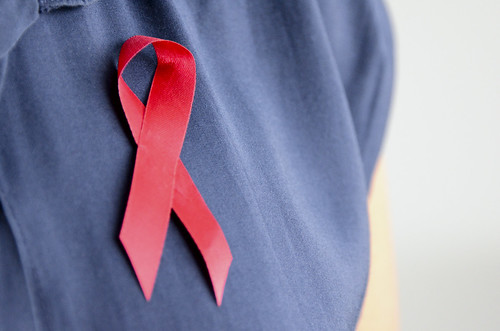We’re entering a phase where AIDS is moving from emergency crisis financing to sustainable development financing—which is a major challenge, but one that we’re continuing to tackle, with the goal of stronger national ownership and responsibility.
One of the Bank’s international mandates is to support countries to develop better national health plans and budgets. Today, the Bank released an important study, The Fiscal Dimension of HIV/AIDS in Botswana, South Africa, Swaziland, and Uganda, which is a part of this mandate. The study helps countries do the long-range planning that we so desperately need in HIV programs.
The Bank has a long-established partnership with ministries of finance and planning, and we understand country systems. We stand ready to help countries integrate HIV into their programs and plan for it in a sustainable way.
We’ve seen extraordinary progress in AIDS. Today, we have more antiretroviral drugs to treat HIV than every other virus in history combined. We’ve reduced treatment costs from tens of thousands of dollars to as little as $100. And we’ve expanded our understanding of effective HIV prevention, including the role of male circumcision and the important role that treatment can play in prevention under the right circumstances.
Many of us involved in HIV remember the days when 70% of beds in health facilities in Africa were occupied by people with AIDS. Our successes in treatment and prevention have removed this specter and have allowed health systems to focus on other important health priorities.
Translating these amazing scientific discoveries into sustainable, affordable programs is going to require careful analysis and prioritization, well-prioritized national plans and budgets, and efficient implementation. The Bank’s core analytic role is to support each of these areas—and The Fiscal Dimension of HIV/AIDS in Botswana, South Africa, Swaziland, and Uganda has profound implications for the future.
We can’t take these achievements for granted.
More
The Fiscal Dimension of HIV/AIDS in Botswana, South Africa, Swaziland, and Uganda



Join the Conversation